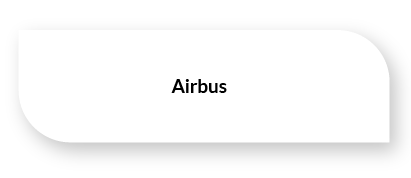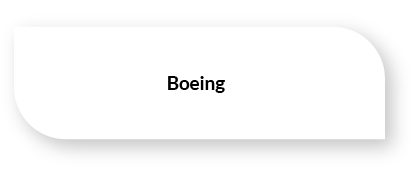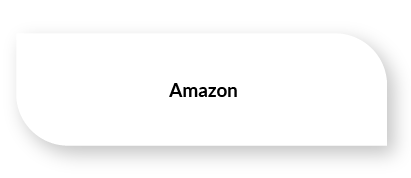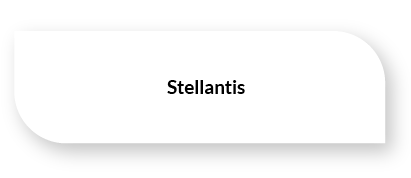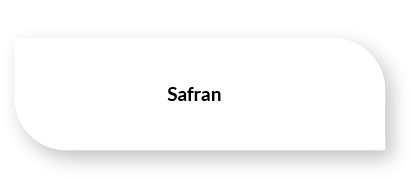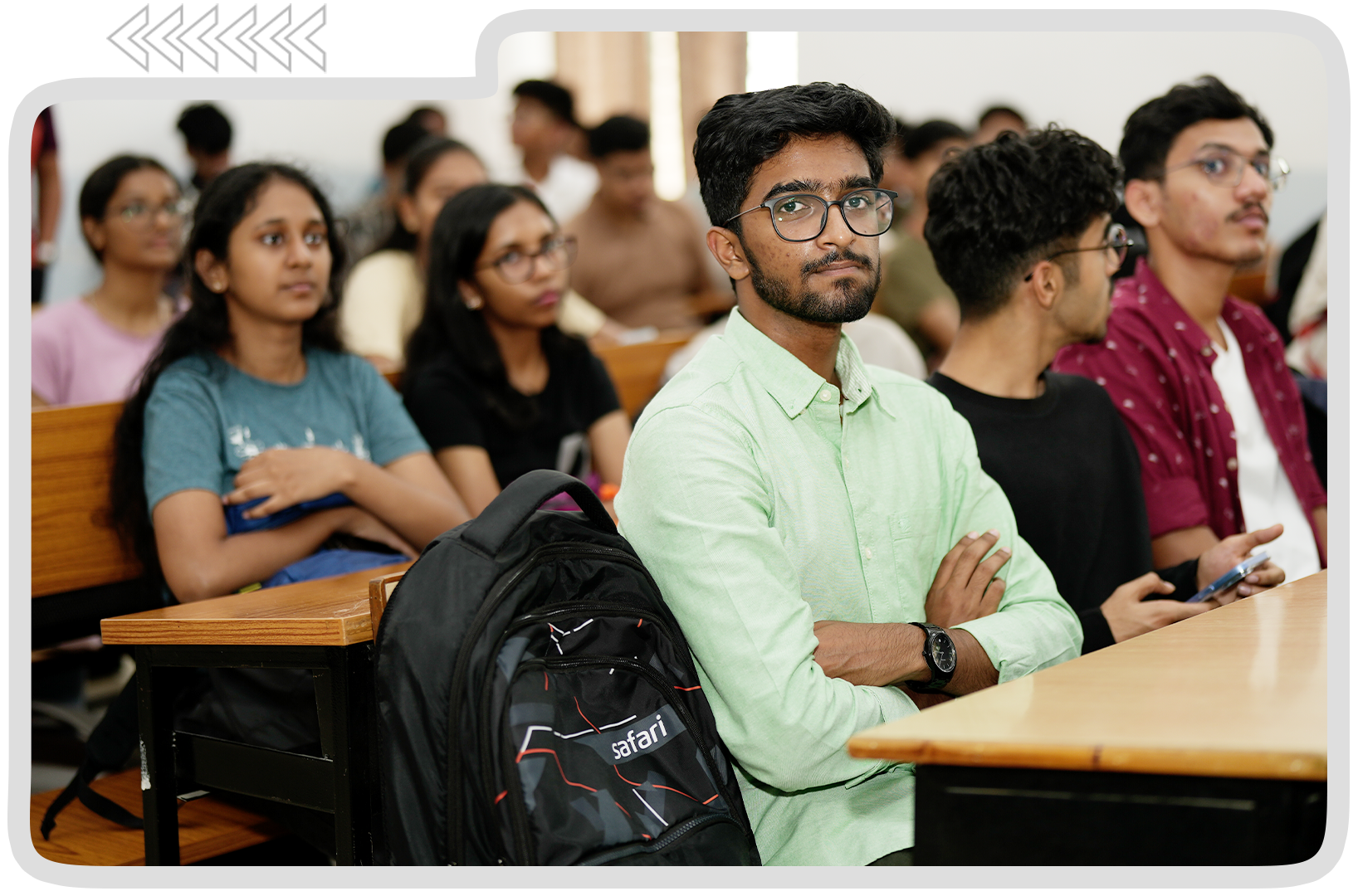
Mastering the Digital Future
About the Department
Technology is reshaping industries, economies and careers, and the Master of Computer Applications (MCA) programme at RVCE has been preparing students to lead this transformation since 1997. As the institution’s first postgraduate programme, it offers MCA, M.Sc. by Research and Ph.D. programmes, affiliated with Visvesvaraya Technological University, Belagavi. The MCA programme, with academic autonomy since 2016, holds NBA accreditation (2021-2026) and is approved by All India Council for Technical Education (AICTE), New Delhi.
Equipped with state-of-the-art infrastructure and industry-focused training, the programme equips graduates with the expertise to drive technological advancements, contribute to the economy, and lead in the digital era.
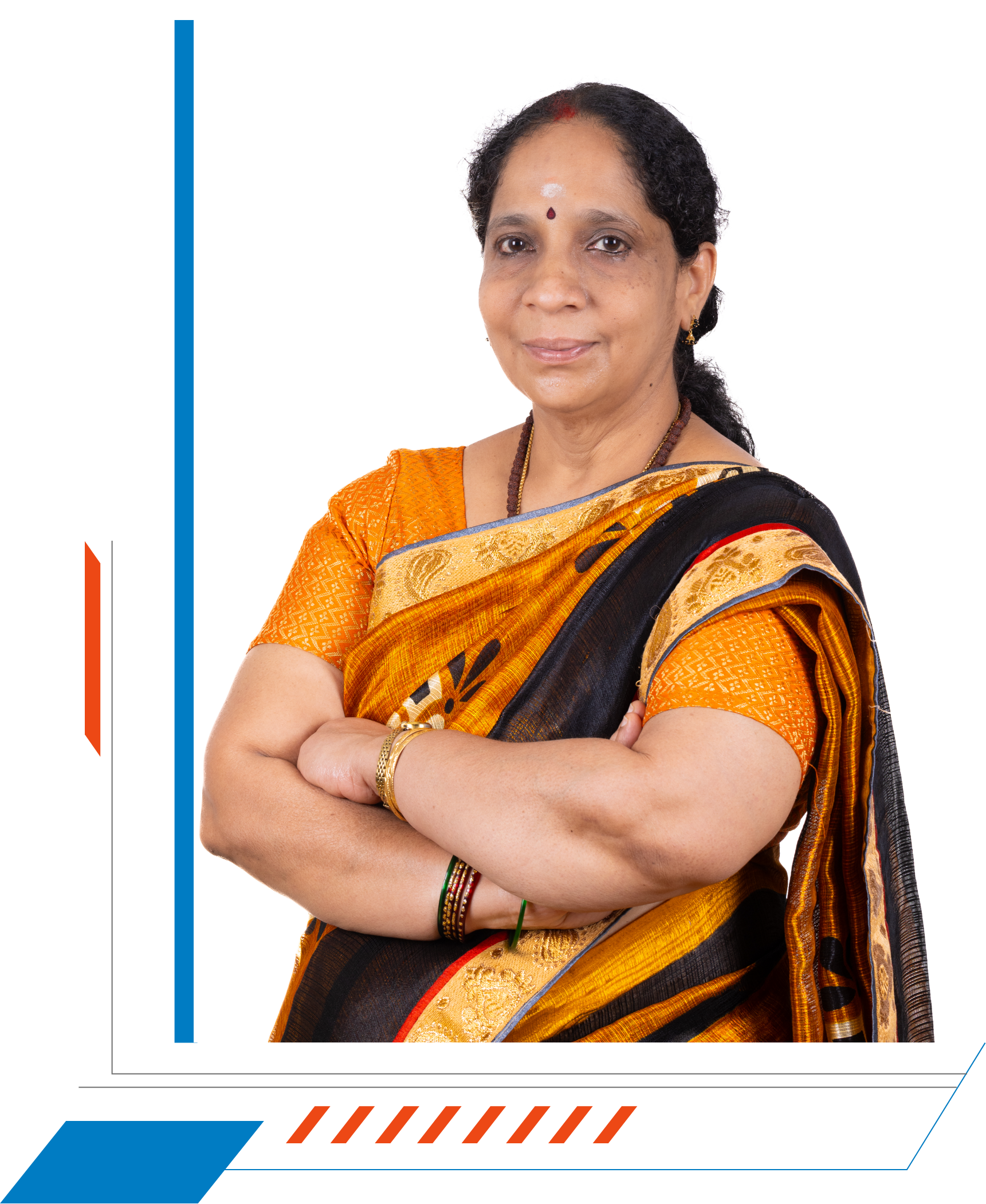
MESSAGE FROM HoD
The Department of Master of Computer Applications (MCA) at RVCE is a thriving hub of academic excellence, innovation, and skill development. We are dedicated to nurturing well-rounded professionals who are technically sound, ethically responsible, and socially conscious.
Our programme is built on an industry-aligned curriculum that embraces ICT-enabled education and encourages the use of Free and Open-Source Software to promote collaborative and cost-effective learning.
Dr. Jasmine K S
Associate Professor and Director
Department of MCA
Top Recruiters

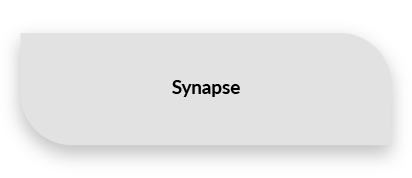
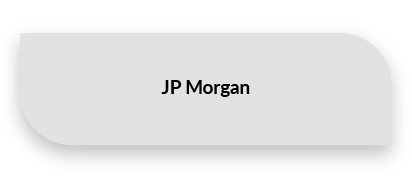
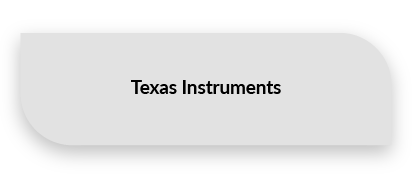



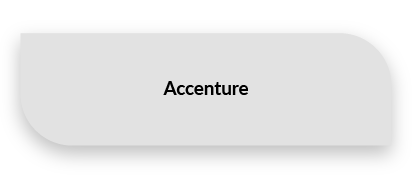
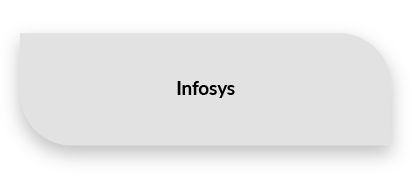
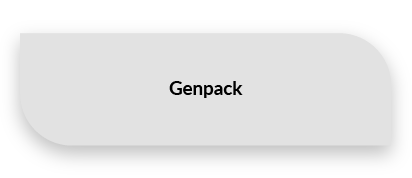
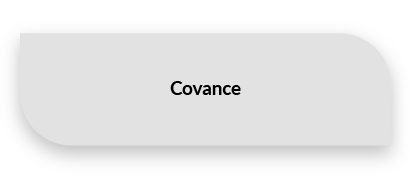
Scheme & Syllabus
2024
2022
2020
2018
Scheme & Syllabus
Programme Outcomes (PO)
On completion of the MCA Programme, MCA graduates acquire competencies to:
- PO1 (Foundation Knowledge): Apply knowledge of mathematics, programming logic and coding fundamentals for solution architecture and problem solving.
- PO2 (Problem Analysis): Identify, review, formulate and analyse problems for primarily focusing on customer requirements using critical thinking frameworks.
- PO3 (Development of Solutions): Design, develop and investigate problems with as an innovative approach for solutions incorporating ESG/SDG goals.
- PO4 (Modern Tool Usage): Select, adapt and apply modern computational tools such as the development of algorithms with an understanding of the limitations, including human biases.
- PO5 (Individual and Teamwork): Function and communicate effectively as an individual or a team leader in diverse and multidisciplinary groups. Use methodologies such as agile.
- PO6 (Project Management and Finance): Use the principles of project management such as scheduling, work breakdown structure and be conversant with the principles of Finance for profitable project management.
- PO7 (Ethics): Commit to professional ethics in managing software projects with financial aspects. Learn to use new technologies for cyber security and insulate customers from malware
- PO8 (Life-long learning): Change management skills and the ability to learn, keep up with contemporary technologies and ways of working.
Programme Educational Objectives (PEO)
The MCA graduates will be able to
- PEO 1: Practice software engineering principles and standards to develop software to meet customer requirements across verticals
- PEO 2: Contribute to build sustainable and inclusive applications using mathematical, simulation and meta-heuristic models
- PEO 3: Demonstrate entrepreneurial qualities through individual competence and team work
- PEO 4: Achieve successful professional career with integrity and societal commitments leading to lifelong learning
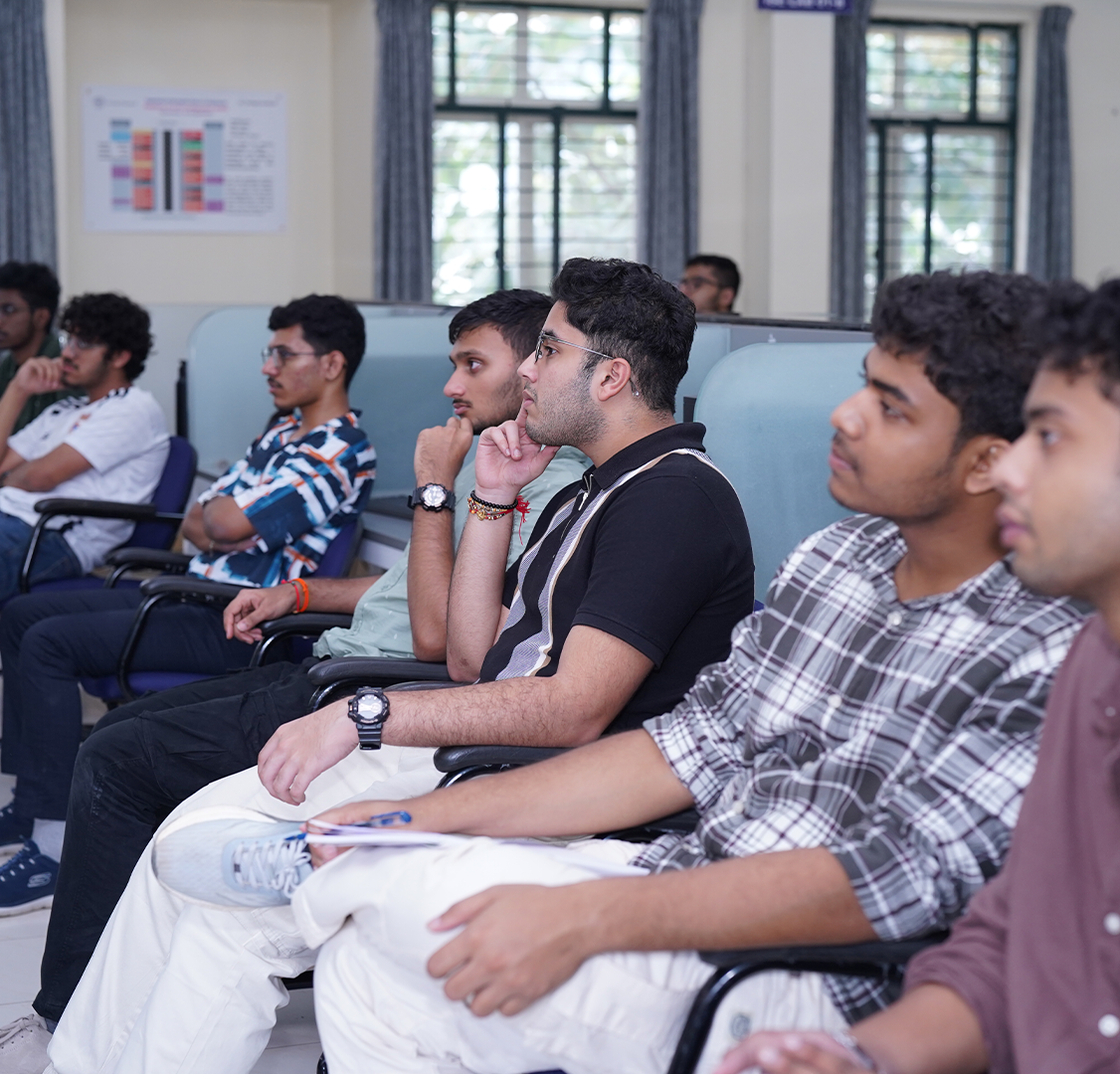

Programme Outcomes (PO)
On completion of the MCA Programme, MCA graduates acquire competencies to:
- PO1 (Foundation Knowledge): Apply knowledge of mathematics, programming logic and coding fundamentals for solution architecture and problem solving.
- PO2 (Problem Analysis): Identify, review, formulate and analyse problems for primarily focusing on customer requirements using critical thinking frameworks.
- PO3 (Development of Solutions): Design, develop and investigate problems with as an innovative approach for solutions incorporating ESG/SDG goals.
- PO4 (Modern Tool Usage): Select, adapt and apply modern computational tools such as the development of algorithms with an understanding of the limitations, including human biases.
- PO5 (Individual and Teamwork): Function and communicate effectively as an individual or a team leader in diverse and multidisciplinary groups. Use methodologies such as agile.
- PO6 (Project Management and Finance): Use the principles of project management such as scheduling, work breakdown structure and be conversant with the principles of Finance for profitable project management.
- PO7 (Ethics): Commit to professional ethics in managing software projects with financial aspects. Learn to use new technologies for cyber security and insulate customers from malware
- PO8 (Life-long learning): Change management skills and the ability to learn, keep up with contemporary technologies and ways of working.
Programme Educational Objectives (PEO)
The MCA graduates will be able to
- PEO 1: Practice software engineering principles and standards to develop software to meet customer requirements across verticals
- PEO 2: Contribute to build sustainable and inclusive applications using mathematical, simulation and meta-heuristic models
- PEO 3: Demonstrate entrepreneurial qualities through individual competence and team work
- PEO 4: Achieve successful professional career with integrity and societal commitments leading to lifelong learning
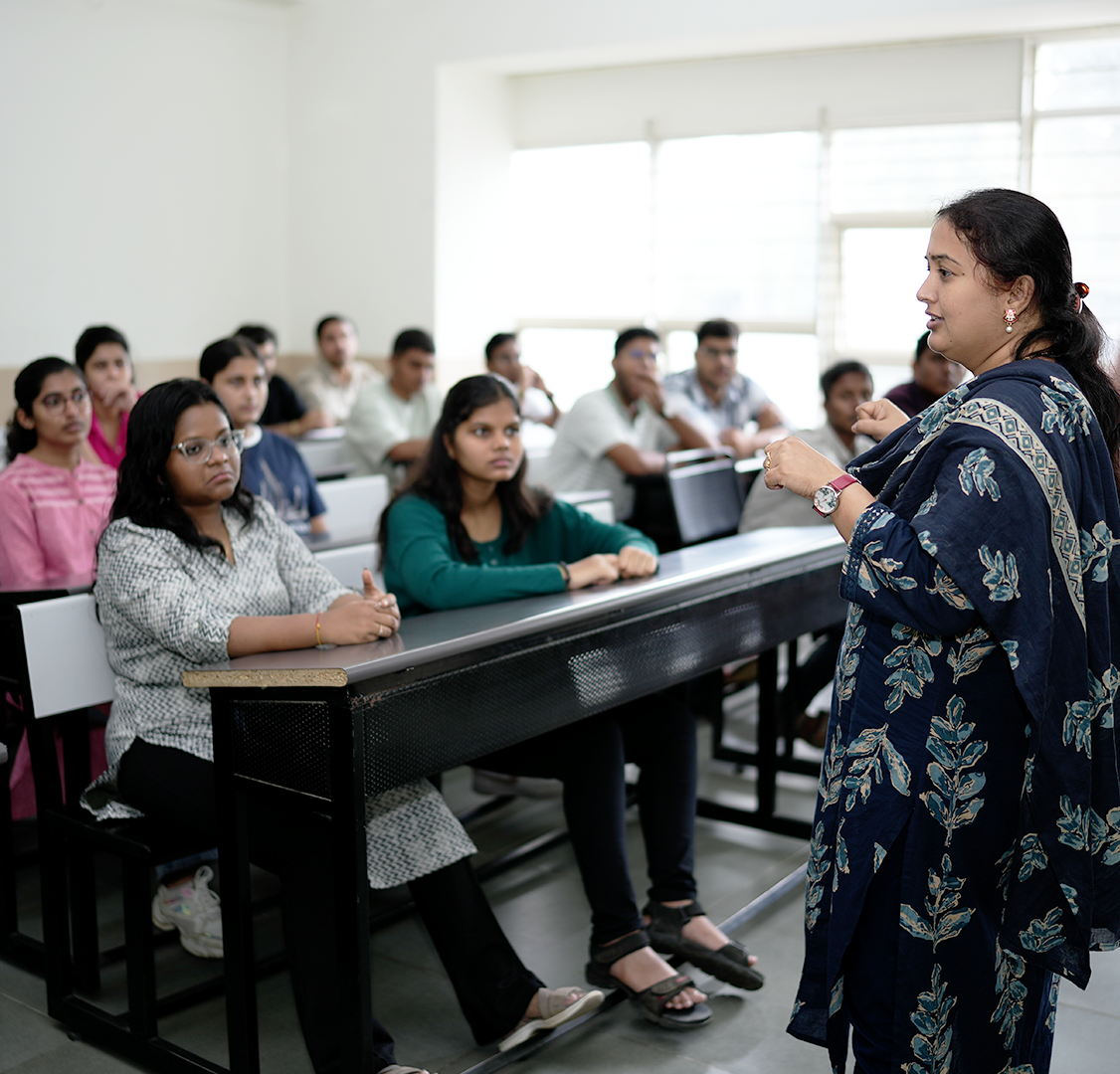
Programme Specific Criteria (PSC)
The MCA programme will enable the students, by the time they graduate to
- PSC 1: Explain the principles of mathematics, computing and business foundations
- PSC 2: Demonstrate the use of software tools and technologies relevant to various verticals
- PSC 3: Design and develop software products, processes and systems for real world situations
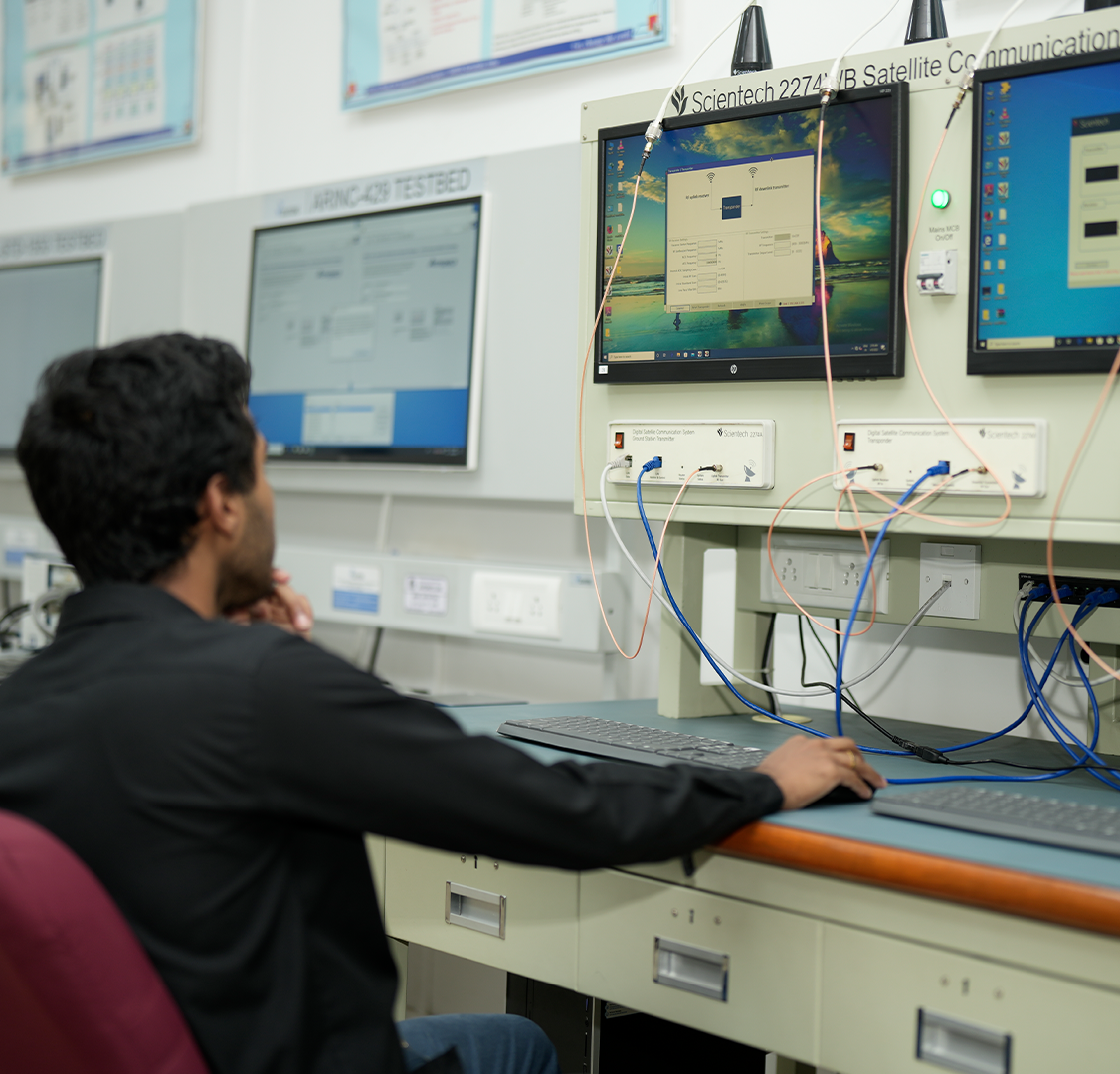
Programme Specific Criteria (PSC)
The MCA programme will enable the students, by the time they graduate to
- PSC 1: Explain the principles of mathematics, computing and business foundations
- PSC 2: Demonstrate the use of software tools and technologies relevant to various verticals
- PSC 3: Design and develop software products, processes and systems for real world situations
MORE ABOUT THE
DEPARTMENT
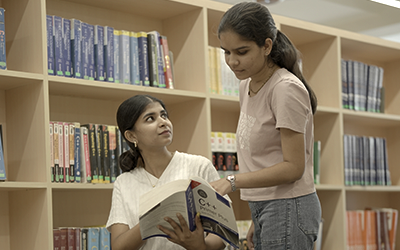

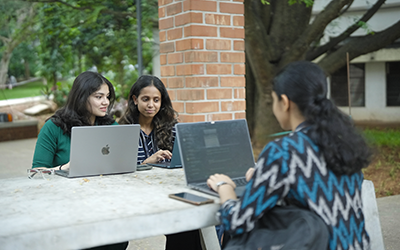
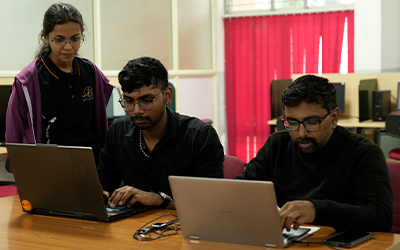
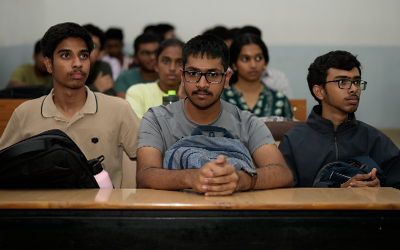
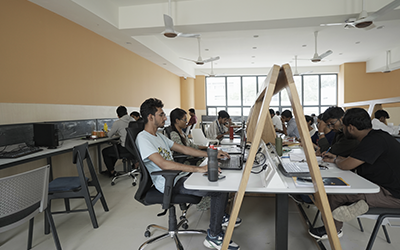

MORE ABOUT THE DEPARTMENT




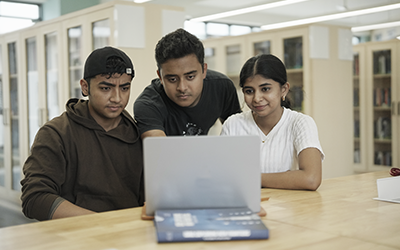


MORE ABOUT THE DEPARTMENT

virtual
campus tours
Can’t come all the way to visit us?
Don’t worry!
Our guided tour will take you on a virtual journey through our campus, where you can explore our classrooms and laboratories; catch a glimpse of what student experience on campus looks like; and sneak a look into our residential dorms.
Our virtual tour helps familiarise you with the college experience 24*7.

virtual
campus tours
Can’t come all the way to visit us? Don’t worry!
Our guided tour will take you on a virtual journey through our campus, where you can explore our classrooms and laboratories; catch a glimpse of what student experience on campus looks like; and sneak a look into our residential dorms.
Our virtual tour helps familiarise you with the college experience 24*7.
Research
Industry Sponsored Projects
Consultancy
Address:
RV College of Engineering, RV Vidyanikethan Post, Mysuru Road, Bengaluru – 560 059
Principal’s Office
Dr. K.N. Subramanya
Principal
RV College of Engineering
Phone no:
+91-080-68188100 / 8111
principal@rvce.edu.in

